This is a muddle of novel (originally published last year by Tartarus Press in a limited edition), though there are plenty of indications that the author will go on to do great things. I doubt if he had quite decided what he was writing — a Stephen King horror story, a book about the loss of intense Catholic faith, a serious novel about families, a Gothic mystery.… It has elements of all these, but has not settled down to be any.
It is written as though at a distance from the characters, by someone observing them, perhaps ironically, perhaps fondly, never closely. Only the narrator, and his younger brother, Andrew — called Hanny — have inner lives, and their relationship is movingly described. Hanny is called a ‘retard’, but seems to be autistic — he does not/cannot speak and relies on his brother to look out for him, speak up for him and help him understand the odd ways of the world.
There is a jumble of time elements. The book begins in the present, moves to the past for the main part and then returns to the present. This can be a helpful device, when it serves a serious purpose — look no further than Ford Madox Ford’s The Good Soldier. Here, it seems unnecessary, as though the author thought he might stretch himself by trying out new points of view and shifts of decade. But there is a lot to be said for simply telling a story from A to B.
Andrew Michael Hurley’s strength is in his ability to evoke atmosphere and a sense of place. The setting is mysterious, eerie — think Morecambe Bay, where cocklers vanish into the sucking sands, and the tides come in to cover the causeway to a house and then retreat again to reveal it.
When the boys are young, the family go on an annual priest-led pilgrimage-cum-retreat. Anyone who has had a Catholic upbringing will be familiar with the rites and rituals, and the boys accept them as the norm, as children do.
Hurley writes well and his mastery of dialogue is complete. I only wish he had challenged himself more. Weird and sinister landscapes, the legacies of a rigid Catholicism in the scarring of young minds, Gothic incidentals — cellars and abandoned rooms full of dusty old toys — all this is too seductive, too easy to do.
But this is a first novel. Now that Hurley has it out of the way, he can ask himself ‘what kind of fiction should I write?’ I hope he is hard on himself, because if so he will do something extraordinary.
Got something to add? Join the discussion and comment below.
Get 10 issues for just $10
Subscribe to The Spectator Australia today for the next 10 magazine issues, plus full online access, for just $10.
Available from the Spectator Bookshop, £12.99 Tel: 08430 600033
You might disagree with half of it, but you’ll enjoy reading all of it. Try your first month for free, then just $2 a week for the remainder of your first year.


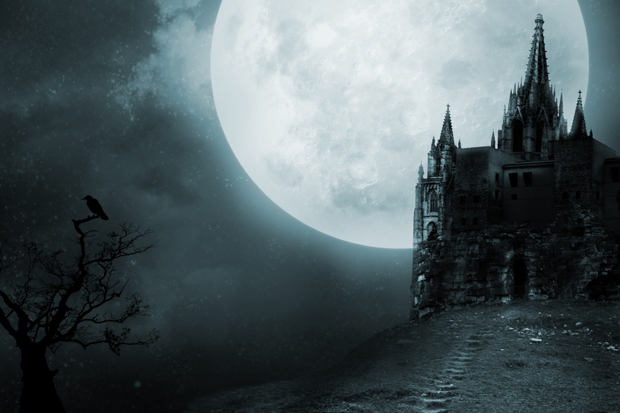
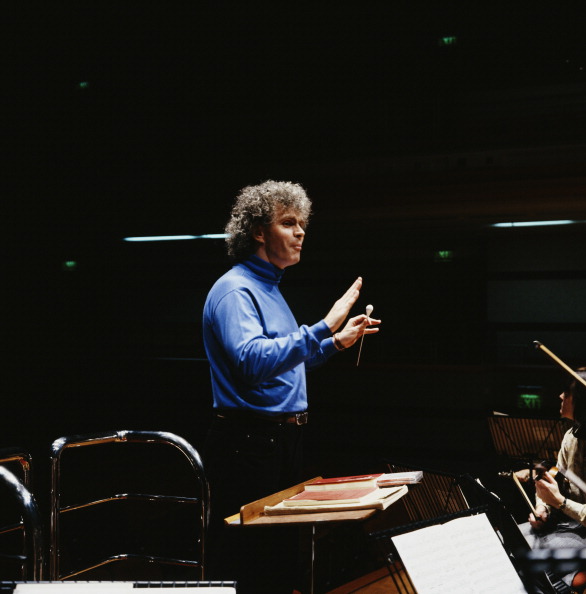
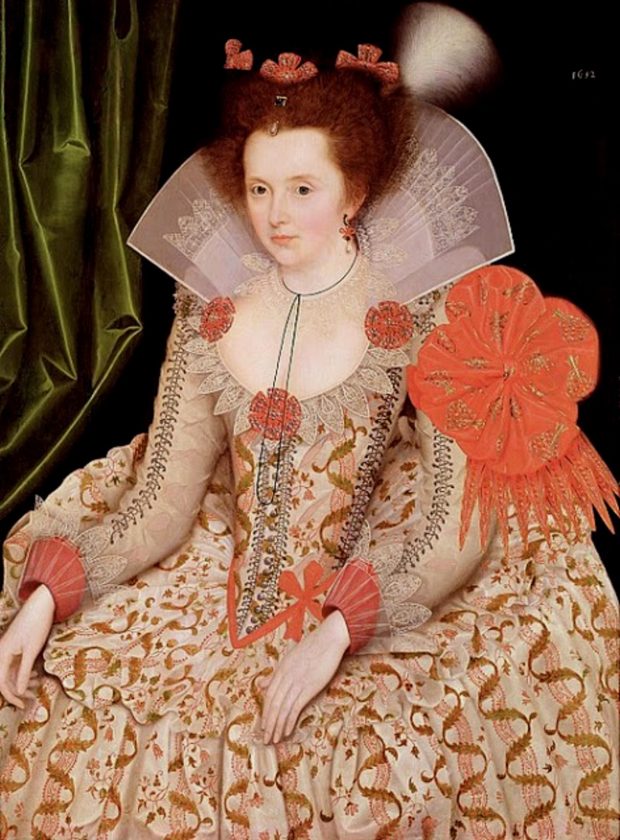
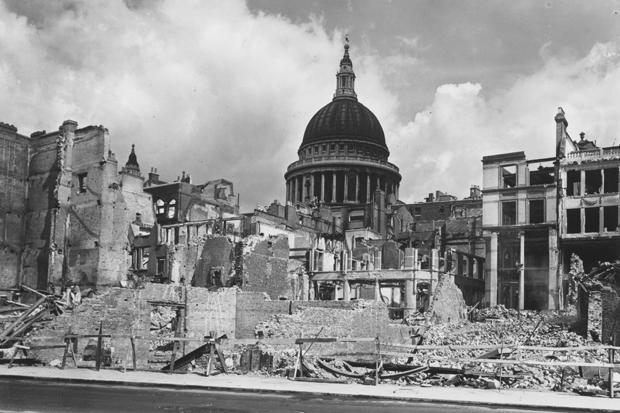
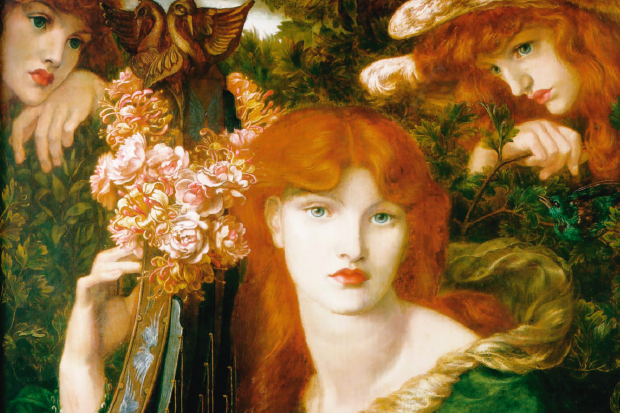
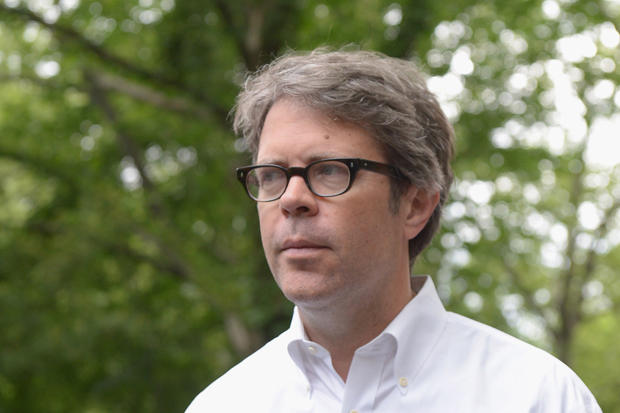
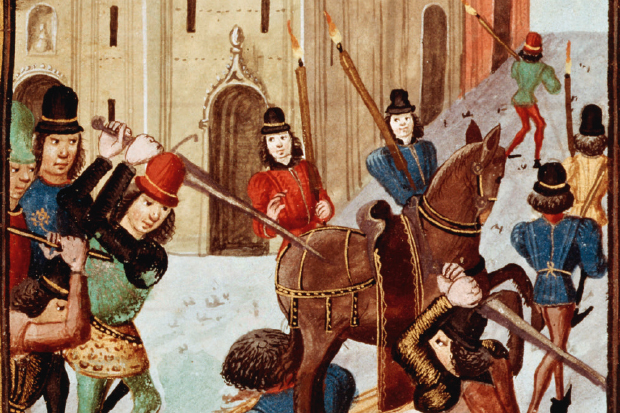






Comments
Don't miss out
Join the conversation with other Spectator Australia readers. Subscribe to leave a comment.
SUBSCRIBEAlready a subscriber? Log in